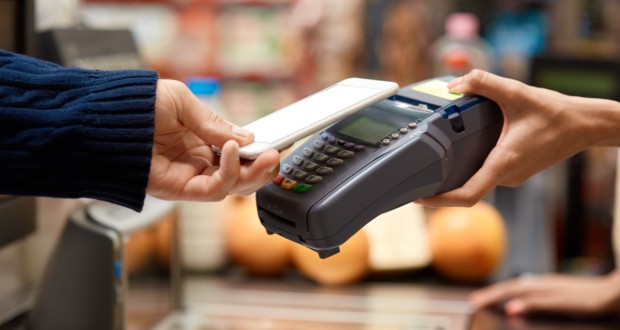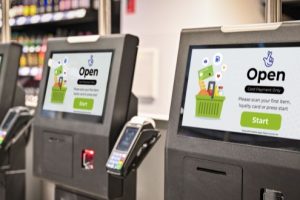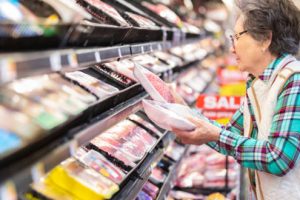A YouGov survey of more than 2,000 consumers, commissioned by digital payments software and solutions provider ACI Worldwide, found that among those in favour of an increase, 40% say they want the limit to increase to £100.
The UK spending limit for contactless payments had been increased in April from £30 to £45 in response to its surge at the height of the coronavirus lockdown.
The research also reveals that 63% of adults said that since the beginning of the lockdown they have made more card payments, 80% have made more contactless payments, and 24% have made more mobile wallet payments.
In addition, the poll found that safety is key driver of the change, with 57% of respondents saying contactless ‘feels safer’, while 53% reported that the shops they are visiting regularly had stopped accepting cash payments as often and 36% cited ease of use.
Andrew Quartermaine, vice-president of merchant solutions at ACI Worldwide, said: “The Covid-19 pandemic has been a massive accelerator and has led to behavioral change among consumers that normally would take years. As shopping habits have changed, so have the attitudes toward alternative payments. Our research indicates that this shift is not temporary but rather the new norm, and retailers need to take note.”
In addition, the research shows that consumer s believe retailers should do more to ensure the safety of consumers by: removing the minimum card spending limits (39%), offering a greater range of delivery options with more time slots (42%), offering more click-and-collect options (31%), and having more assistants on shop floors who can help process transactions (30%).
The poll also reveals how shopping habits have changed, with 21% doing more grocery shopping online, 19% shopping in smaller supermarkets and local shops, and 25% shopping less in general to save money.
The respondents said in the longer-term they will: use cash less often even when ‘life goes back to normal’ (32%), continue to use more electronic payments for convenience (24%), continue to shop more ‘local’ and avoid big supermarkets (21%), and move to buying more of their groceries online (16%).
 Talking Retail Grocery and product news for independent retailers
Talking Retail Grocery and product news for independent retailers






